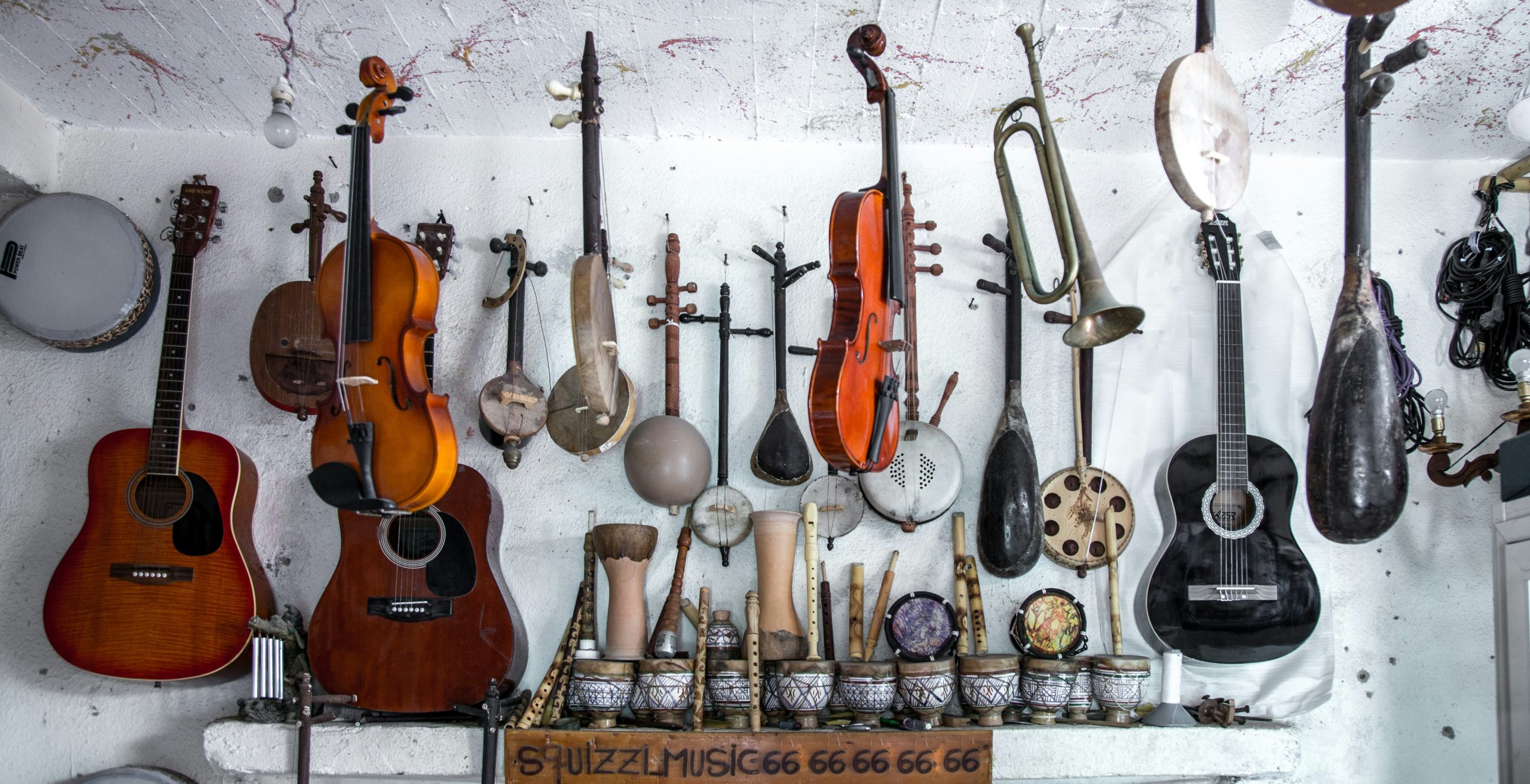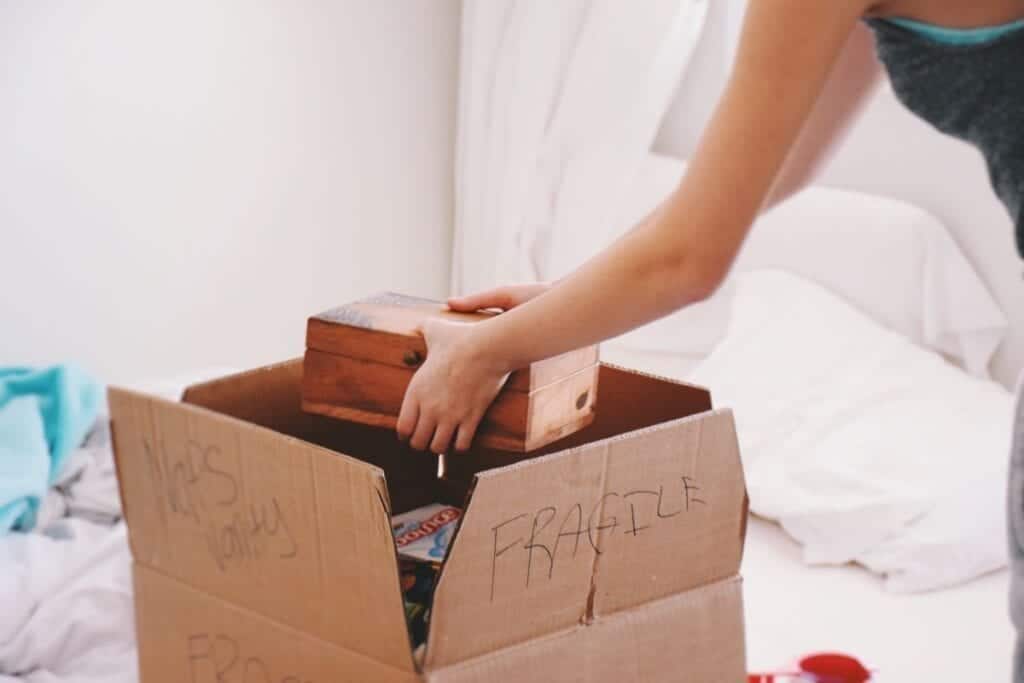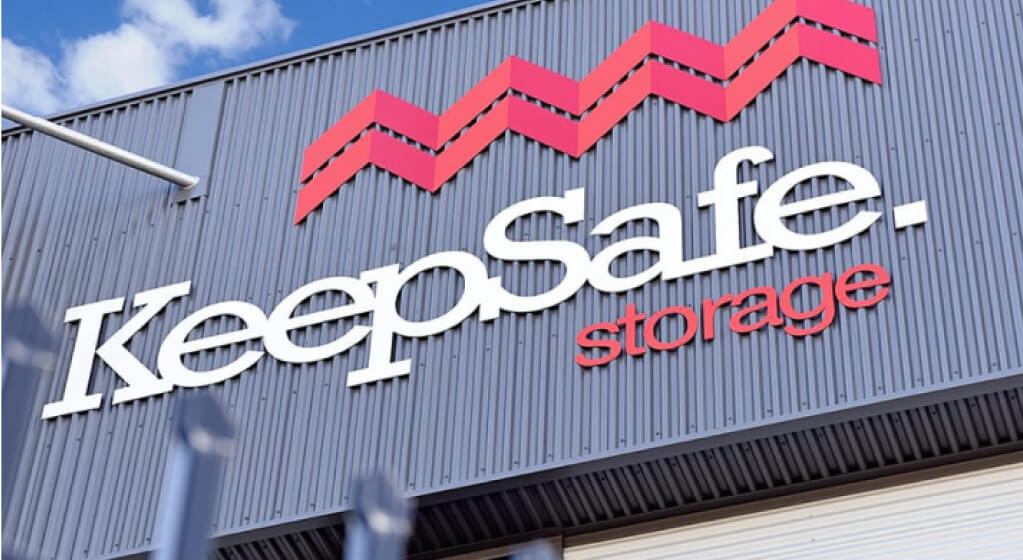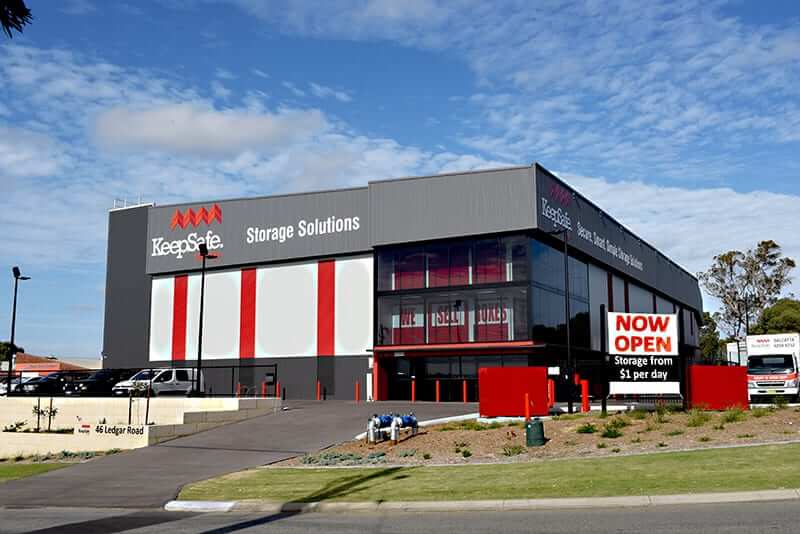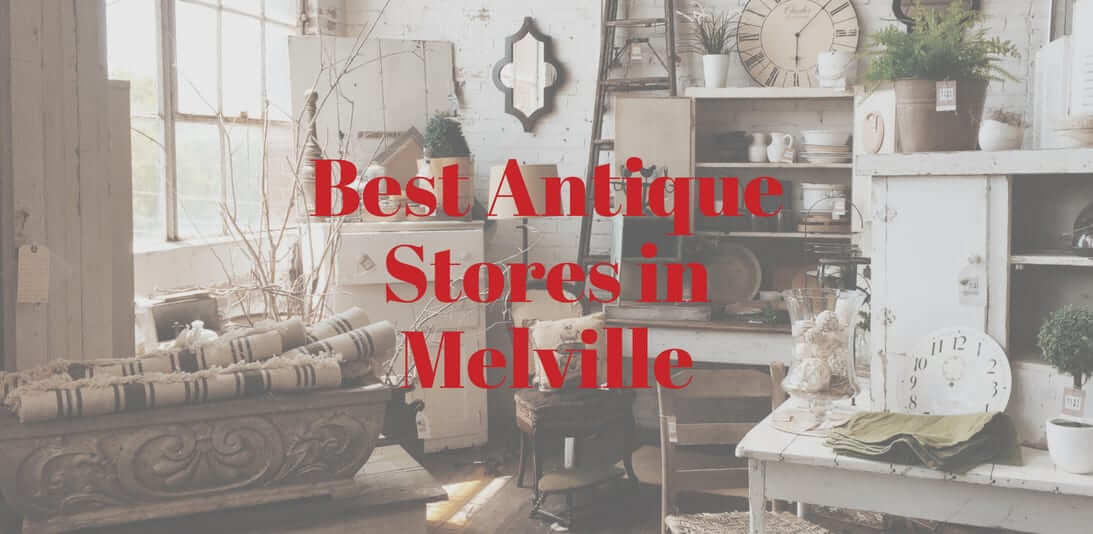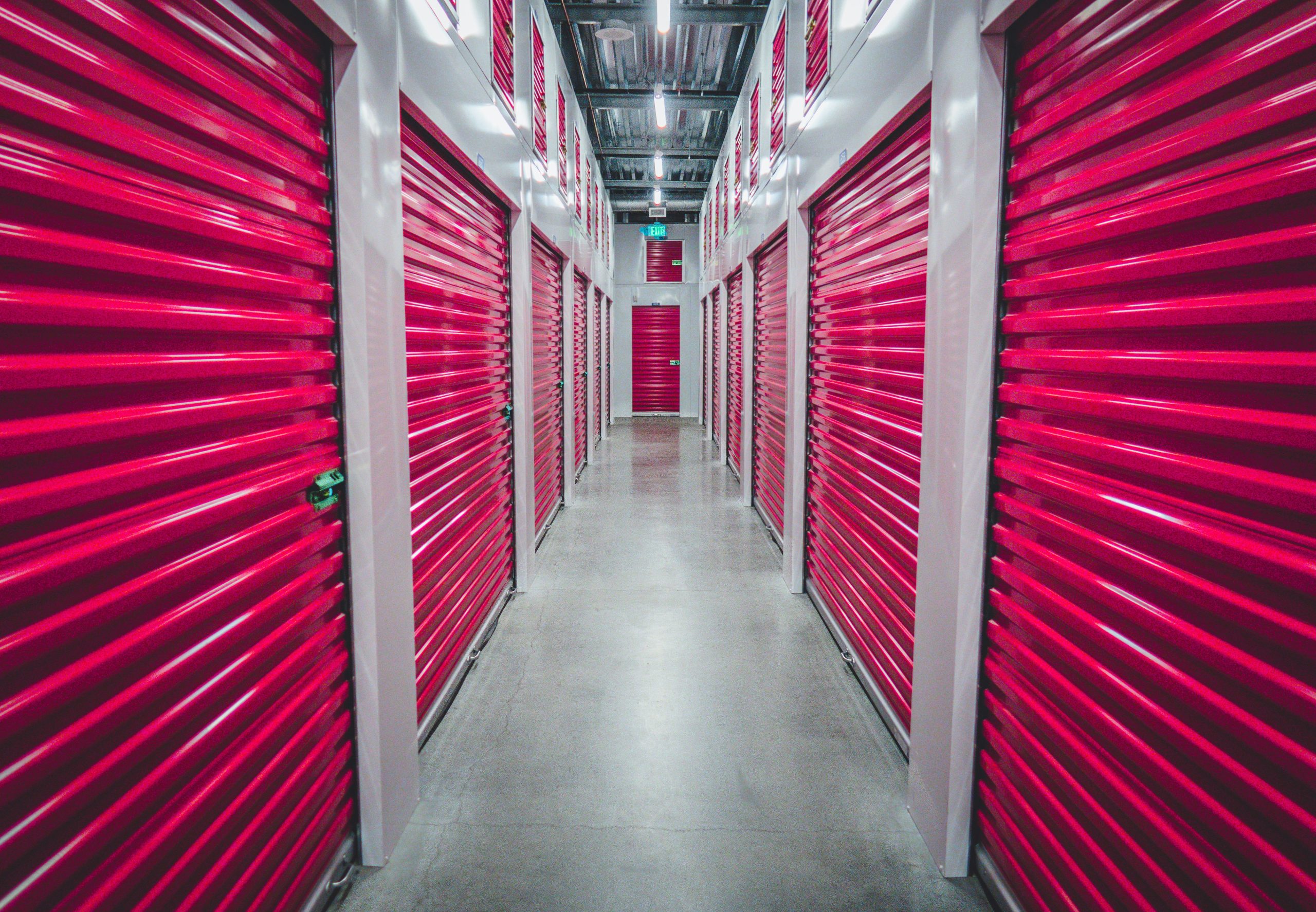
Self storage Article
How Secure Is Self-Storage?
Table of Contents
Self-storage is fast becoming a mainstay of modern life. It’s just so practical. Having an extra space to keep belongings or stock frees up your resources and lets you focus on your priorities: moving, keeping your home tidy, or running your business efficiently.
That said, holding valuable items off-site can feel uncomfortable. Most people would prefer to keep their belongings where they can see them. For this reason, self-storage facilities invest extensively in security solutions.
These make them more secure than conventional business premises and domestic households. This post explains the reasons why self-storage is so secure. We run through the leading technologies and processes businesses in Australia use to defend property and keep it safe.
Blog Summary Table
| Aspect | Keywords |
|---|---|
| Overview | Practicality, Extra Space, Valuables Security |
| Security Investment | Security Solutions, More Secure than Business Premises and Households |
| Limitations | Not 100% Secure, Customer Responsibility, Restrictions on Valuables |
| Unit Security | Individual Unit Locks, Disc Padlocks, Professional Security Locks, Smart Locks, Remote Access Policy |
| Physical Barriers | Fenced Perimeters, Chain Links, Wood Fencing, Rebar-reinforced Concrete Walls, Anti-climb Mesh, Razor Wire |
| Monitoring Technologies | Security Cameras, Motion Sensors, AI-powered Solutions, Deterrent, Evidence Collection |
| Fire Protection | Fire Safety Codes, Fire-Proof Barriers, Fire Extinguishers, Fire Alarms, Sprinkler Systems |
| Insurance | Coverage for Fire, Theft, Property Damage, In-House Insurance, Independent Insurance, Policy Details |
Before we start, it is worth remembering that no facility is 100% secure. Motivated criminals may still find their way inside and steal your possessions. Furthermore, you have a responsibility to minimise risk as a customer. Most self-storage companies forbid or advise against keeping cash or valuables, like jewellery, on-site.
If you want to learn more about the security a specific self-storage facility offers, check its online reviews. See what people on sites like TrustPilot, Google, and Facebook say about their services.
Are Storage Units Safe?
Most storage units are highly secure indoor facilities with access, cameras, security guards and alarms. Storage facilities need to ensure the protection of your belongings on their site. However, storage facilities are not invulnerable.
Why Self-Storage In Perth Is So Secure
The following section lists why modern self-storage solutions are so secure. By the end, you should feel more confident about how companies protect your possessions and guard against losses.
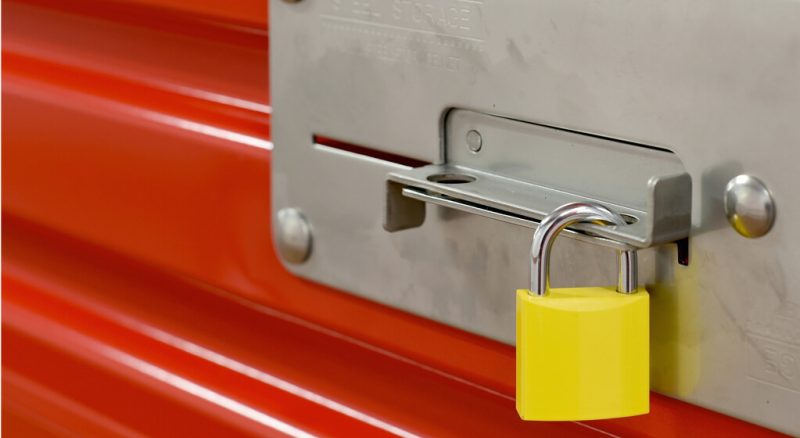
Individual Unit Locks
Most self-storage units provide individual unit locks. These give you exclusive access. The least sophisticated storage companies use traditional manual locks, like a disc padlock with a random code. These are affordable and widely used but don’t always offer the best security.
The next level up is professional security locks. These are facility-provided and have unique keys to prevent previous unit renters from gaining access. The higher the grade, the more pick-resistant they are.
Above that, some companies deploy smart locks. These use biometric inputs, toggles, or keycodes for access granting. Containing the locking mechanism entirely within the door makes it tamper-proof and prevents unsophisticated opportunists from breaking in and stealing.
The most advanced self-storage companies adopt a remote access policy. Here, you approach a front desk with your credentials. Staff then order boxes containing your possessions on a conveyor-style system, preventing all but a small number of authorised personnel from entering the main storage areas.
Fenced Perimeters
Self-storage companies also use fenced perimeters to add an extra layer of security to their operations. These act as a physical barrier and deter unauthorised site entry.
Some facilities use cheap chain links or wood fencing to keep intruders from entering. However, these aren’t robust and prone to tampering or cutting.
Rebar-reinforced concrete walls over ten feet high are best. Self-storage facilities with these can prevent criminals from using simple tools to breach the perimeter.
Top brands in the industry also add additional precautions to prevent climbing. Anti-climb mesh and razor wire can stop attempted climbs.
On-Site Security Personnel
On-site security personnel complement unit locks and fenced perimeters further. Professionals monitor entry points and check in and out everyone entering or leaving the facility.
Some companies ask their security staff to conduct regular patrols. These make security more obvious to deter would-be criminals and help find breaches.
Patrols can also respond to incidents and investigate suspicious activities further. Companies often equip them with phone lines or emergency buttons to escalate to law enforcement instantly.
It is worth noting that most self-storage facilities don’t operate on-site security personnel twenty-four hours a day. Therefore, always double-check the self-storage company’s policy.
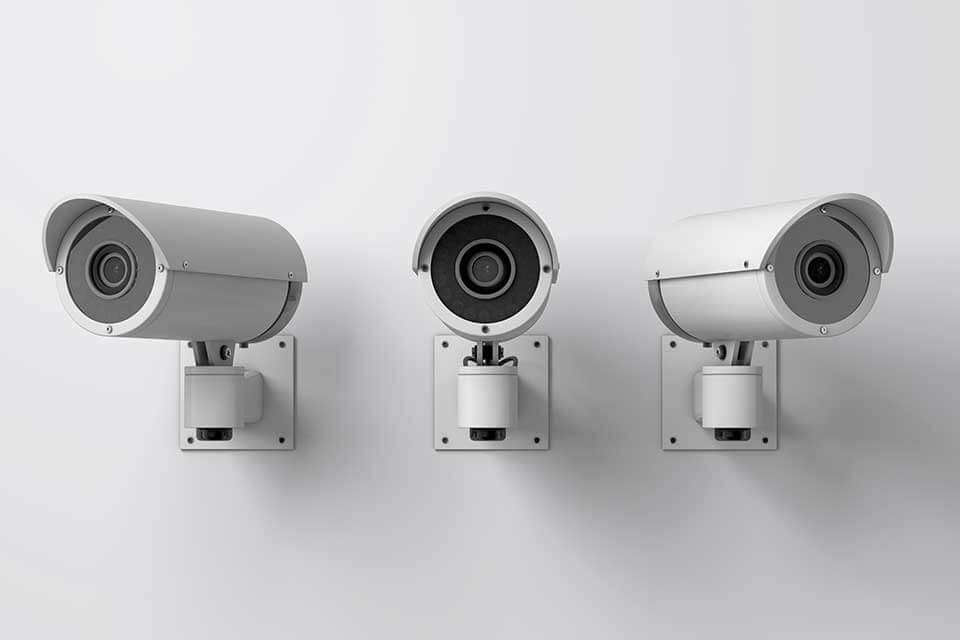
Security Cameras And Motion Sensors
Top self-storage companies also protect units with security cameras and motion sensors. Visual monitoring of perimeter areas and entry points can help identify suspicious activities, allowing security staff to intervene. Security cameras primarily act as a deterrent. Using them correctly lets self-storage firms collect evidence of criminal activity and identify suspects.
Proper use of security cameras can also increase the likelihood of stolen goods being returned. Better monitoring improves evidence collection, improving recovery rates.
Combining security cameras with motion sensors improves the efficacy of security systems further. Security staff can detect unauthorised movements on facility property instantly and get notifications sent to a central control console.
Like cameras, motion sensors permit targeted responses. Security personnel can identify the precise location of suspected intruders without guessing (which is sometimes the case for security cameras).
Sometimes, self-storage companies connect motion sensors to advanced software. These AI-powered solutions can tell the difference between leaves blowing in the wind and people deliberately trying to enter the premises, reducing the risk of false alarms.
Finally, some self-storage facilities find motion sensors more cost-effective than comprehensive camera systems. Monitoring unauthorised movements without video recordings reduces data storage costs, helping facilities lower their prices significantly.
Whether you want to accept this compromise depends on your storage requirements. Using motion sensors and cameras together is superior for deterring intrusions and enabling self-storage brands to mount rapid and effective responses.
Alarm Systems
Another reason self-storage facilities are so secure has to do with their sophisticated alarm systems. These installations alert on-site staff and reduce the risk of missing security breaches.
Self-storage companies use various alarm types, including:
- Perimeter alarms that trigger when someone approaches or breaches the outermost security fencing.
- Entry point alarms that sound when someone forcibly opens (or attempts to open) an exterior door.
- Motion sensor alarms that ring when a motion sensor detects movement.
- Vibration sensors that detect drilling or tampering with the structure of units.
Self-storage companies won’t usually advertise which alarm types they use. However, you can call their help desk and ask them for more information about the systems installed at the facility for peace of mind.
Patrol Dogs
Self-storage facilities can improve security using patrol dogs. Their primary role is to deter potential intruders, but they can help in other ways.
For example, some self-storage companies use patrol dogs to improve patrol coverage areas. Animals can cover enormous distances and detect suspicious activity using their sense of smell that human staff might miss.
Dogs can also assuage public concerns. Facilities that use them can demonstrate their multi-layered security approach.
Fire Protection
Another reason self-storage units are secure is their fire prevention and protection systems. These help reduce the risk of damage to your possessions and keep everyone safe while on the premises.
Quality self-storage firms adhere to strict fire safety codes by spacing units and placing limitations on the storage of flammable materials. As such, most companies won’t let you keep gasoline, butane or propane on-site.
The top companies also implement proper signage in their facilities. These help you and others understand how to minimise the fire risk and prevent damage to the property. Services might also enforce smoking bans on-site or train staff to implement fire mitigation strategies.
If fire is a concern for you, ask the self-storage facility to provide details of their fire protection systems. These could include:
- The compartmentalisation of units with fire-proof barriers to prevent isolated fires from spreading throughout the facility.
- Deployment of various fire extinguishers to eliminate different fire types.
- Fire alarms that detect heat, smoke, carbon monoxide and other byproducts of fires.
- Sprinkler systems built into units and communal areas that automatically douse fires when they start.
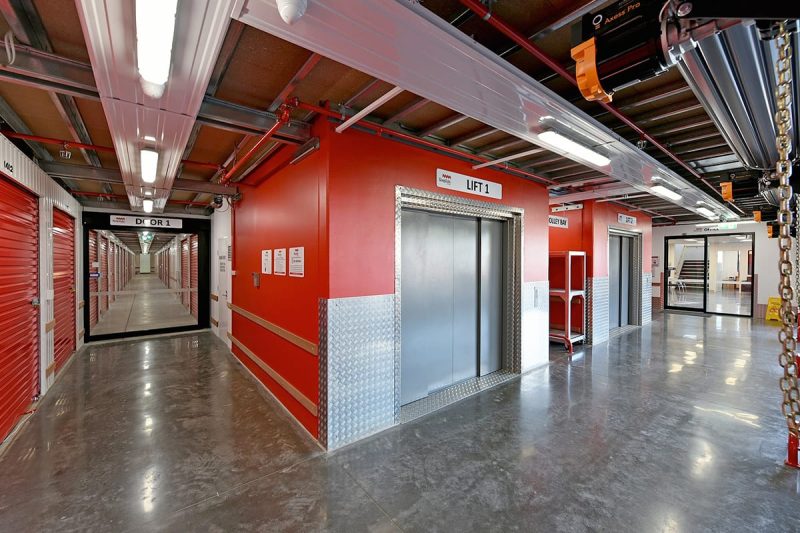
Insurance
Even if you do experience a loss while using these services, reputable self-storage companies will often cover you. Insurance policies protect you against losses in the event of fire, theft, or property damage. Some companies will offer in-house insurance products. These give you the option to take out insurance whenever you rent a unit. Others will include insurance premiums in the fee automatically.
You can also approach independent insurance companies if a facility doesn’t offer coverage. Third parties sometimes agree to protect you against losses, provided the self-storage facility meets their requirements.
Whenever you take out an insurance policy for a storage unit, read the fine print. Most policies cover fire and theft but might not allow water damage or vandalism. You might also have to specify what you will keep in the storage unit. Some insurers will require higher premiums for electronics and valuables versus furniture or stock for a business.
Climate Control
Finally, many self-storage companies offer climate control as an additional layer of protection for your belongings. Units keep temperature and humidity constant.
Managing climate control offers numerous benefits. For example, it can prevent moisture and mould buildup on electronics, books, clothes, and furniture, preventing them from becoming damaged. It can also extend the lifespan of some belongings by reducing temperature and humidity fluctuations that might cause dangerous expansion and contraction.
Wrapping Up
So, there you have it: some of the reasons why self-storage is so secure. Top companies layer these strategies to provide maximum protection and peace of mind. Always research different providers and check which security and loss-mitigation measures they offer.
Get A Quick Quote
Recent articles
Contact us
Get in touch with one of our staff
The team at KeepSafe are ready and waiting to assist. We’ll be back to you as soon as possible!



